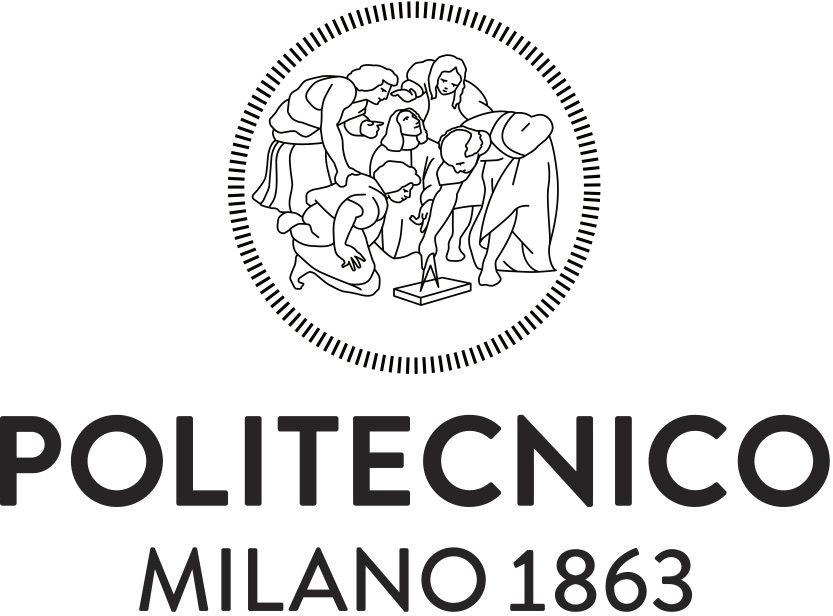we propose a method that focuses on the generation of REALISTIC NAVIGATIONAL PATHS, i.e., web logs. Our approach is extremely relevant because it can at the same time tackle the problem of lack of publicly available data about web navigation logs, and also be adopted in industry for AUTOMATIC GENERATION OF REALISTIC TEST SETTINGS of Web sites yet to be deployed.
Tag: code generation
Automatic Code Generation for Cross-platform, Multi-Device Mobile Apps. An Industrial Experience
With Aldo Bongio (WebRatio), Jordi Cabot (ICREA and UOC), Hamza Ed-douibi (EMN) and Eric Umuhoza (Politenico di Milano), we worked on a research on Automatic Code Generation for Cross-platform, Multi-Device Mobile Apps. We presented our study at the MobileDeLi workshop, where we reported on a comparative study conducted to identify the best trade-offs between different … Continue reading Automatic Code Generation for Cross-platform, Multi-Device Mobile Apps. An Industrial Experience
Here we are: IFML 1.0 published by the OMG officially
IFML 1.0 is finally published! The OMG released the official 1.0 version of the new standard in March 2015. It took several years of research, discussions and validation, but here we are with the standard specification. The specification document can be downloaded for free at: http://www.omg.org/spec/IFML/ Here is Emanuele ready for the presentation given at … Continue reading Here we are: IFML 1.0 published by the OMG officially
Code Generation conference is back!
Code Generation, the premiere venue for model-driven addicted, is back in Cambridge for 2014!If you are in the field of software modeling, software languages, design and development tools, model interpretation, executability and (of course) code generation, you should definitely attend the event.The conference is a great mix of presentations, workshops and hands-on sessions.We also gave … Continue reading Code Generation conference is back!
The Automobile project delves into the core of model-driven mobile apps
Starting October 2013, my research group at Politecnico di Milano and WebRatio have started a research project called Automobile, which aims at designing and bringing to the market innovative methodologies, software tools, and vertical applications for the cost-effective implementation of cross-platform, multi-device mobile applications, i.e. business applications that can be accessed by users on a variety … Continue reading The Automobile project delves into the core of model-driven mobile apps
Success story paper: Large-scale Model-Driven Engineering of Web User Interaction with WebML and WebRatio
Our paper "Large-scale Model-Driven Engineering of Web User Interaction: The WebML and WebRatio experience" has been published online on Elsevier's journal: Science of Computer Programming, in the special issue Success Stories in Model Driven Engineering (edited by Davide Di Ruscio, Richard Paige, Alfonso Pierantonio).The history we report spans across a decade that has seen a … Continue reading Success story paper: Large-scale Model-Driven Engineering of Web User Interaction with WebML and WebRatio
Code Generation 2012 – from geeky (programming) interfaces to user interfaces
For the second year, I've been attending the event called Code Generation, held in Cambridge, UK and organized by Software Acumen. For the second year, the event has been a quite good mix of practitioners, vendors and experienced evangelists.During the event, Emanuele Molteni (product manager of WebRatio) and I have given a talk on User … Continue reading Code Generation 2012 – from geeky (programming) interfaces to user interfaces
Presentation at Code Generation 2012: User Interaction Modeling: current status of the standardization process
Together with Emanuele Molteni, I will give a speech at Code Generation 2012 on: User Interaction Modeling: current status of the standardization process, from the requirements to the language.In this presentation we will go through our 15-years experience of user interaction modeling for the Web, based on WebML and WebRatio, and we will delve into … Continue reading Presentation at Code Generation 2012: User Interaction Modeling: current status of the standardization process
Highlights from LWC 2011: Language Workbench Competition 2011 (co-located with Code Generation 2011)
Language Workbenches, as defined originally by Martin Fowler, are tools aiming to cope with DSL creation and code generation to increase the level of abstraction of software development [credit to Pedro J. Molina for the reference].The Language Workbench Competition at Code Generation 2011 aimed at gathering and comparing the features of different workbenches available today, through … Continue reading Highlights from LWC 2011: Language Workbench Competition 2011 (co-located with Code Generation 2011)







